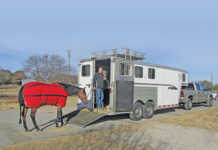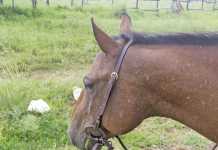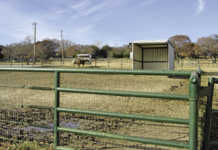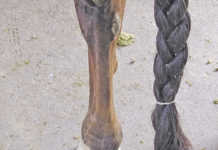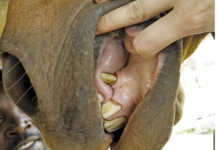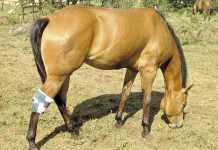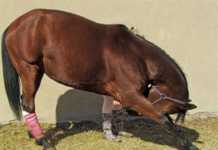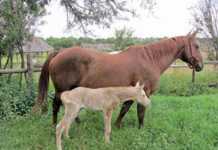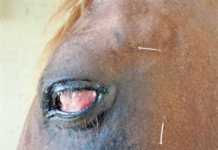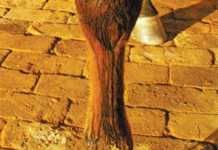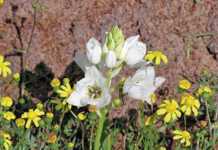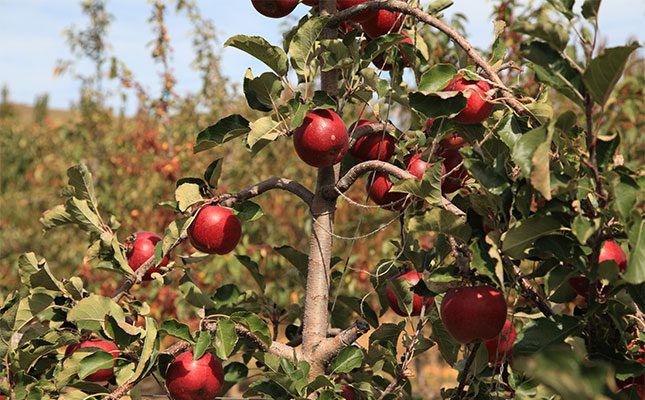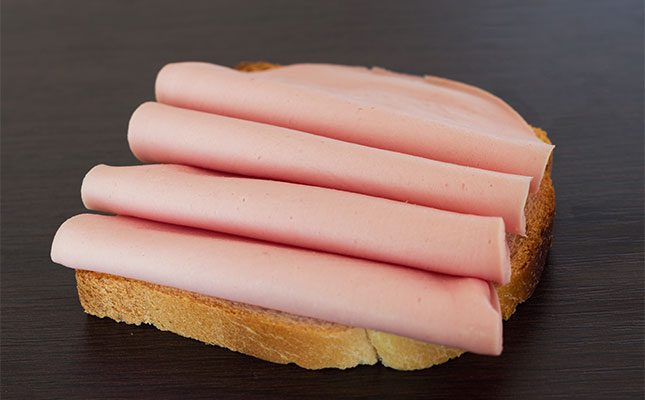Transporting your horse
Dehydration, stress and injury during long-distance road travel can be avoided with a little planning, explains Dr Mac.
Laser therapy for horses
Laser therapy is non-invasive and painless. Moreover, it speeds up recovery, says Kim Dyson.
New remedies for horse skin ailments
F10 disinfectants, developed in South Africa, are gaining a reputation for treating wounds.
Fencing: stay on the safe side
Well-constructed paddock fences prevent injuries and are worth every cent, says Dr Mac.
How to treat splints
Characterised by a hard, bony swelling, splints are a common cause of lameness in young horses, says Dr Mac.
Pale horses
Anaemia affects older horses, those that are unfit or ill, and colder-blooded types, says Kim Dyson.
Hocks: Painful horse injury
Similar to the human ankle, the hock joint is easily sprained, warns Dr Mac.
Keep your horses fit
A stretching programme will cut down on your horse’s chances of being injured, says Kim Dyson.
Have you tested your horse for CEM yet?
Without two negative tests, a stallion is not permitted by law to cover a mare, cautions Dr Mac.
Horses – how to treat sore eyes
Any condition involving the eye is potentially serious and requires
a vet, says Kim Dyson.
Chinkerinchees flowers are poisonous to horses
Chinkerinchees are indigenous to the Western Cape and highly poisonous to horses, warns Dr Mac.
ADVERTISEMENT
MUST READS
ADVERTISEMENT
ADVERTISEMENT

